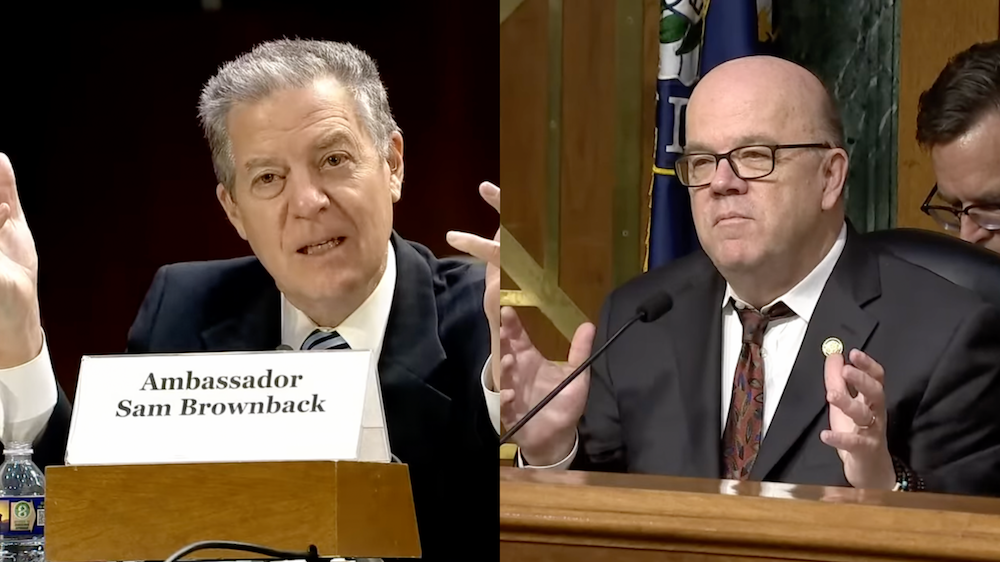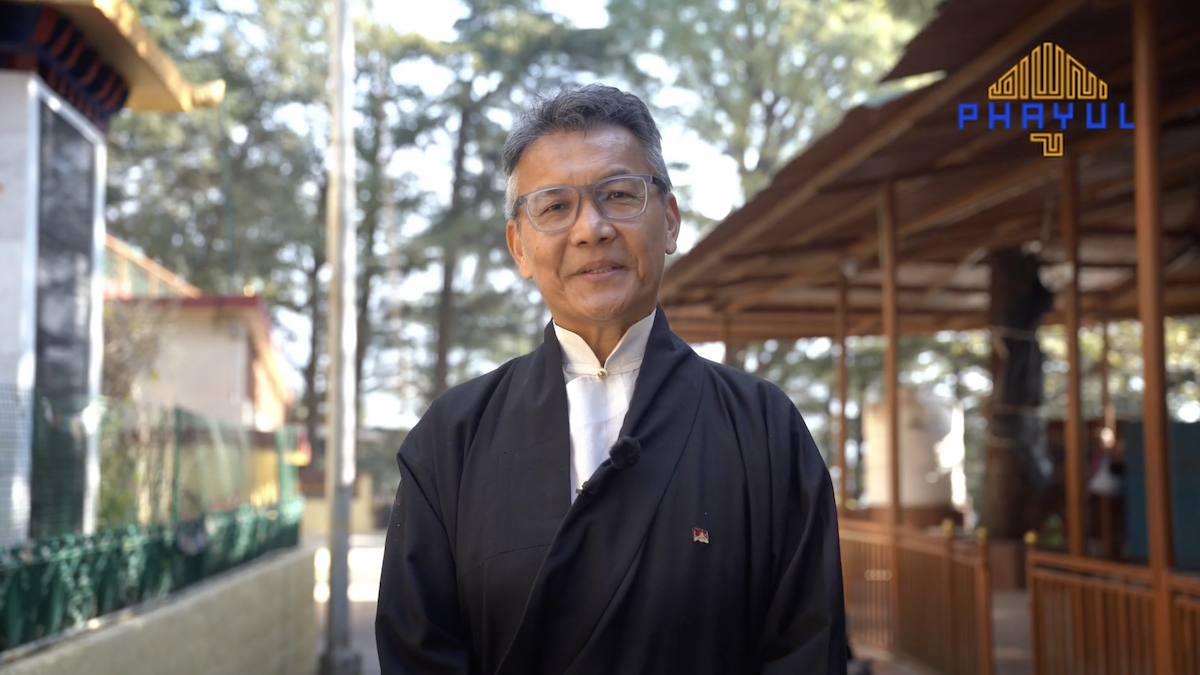Tenzin Nyidon
DHARAMSHALA, Mar. 28: A resolution proposing a budget reduction for the Tibet Town Project (TTP) failed to pass the floor test during the ongoing ninth (budget) session of the 17th Tibetan Parliament in Exile on Saturday. The motion secured only eight votes in favor of the reduction, while 10 members voted against it, maintaining the existing budget allocation.
The Tibetan Town Project, also known as “Little Tibet,” is an innovative green town initiative spearheaded by the TTP LLC, a dedicated and holistic subsidiary of the Tibetan American Foundation of Minnesota. Designed to accommodate approximately 5,000 Tibetan Americans in Minnesota, the project aims to preserve Tibetan heritage and identity while incorporating eco-friendly infrastructure. The development plan includes residential areas, shops, restaurants, healthcare facilities, spiritual and cultural centers, daycare and fitness institutions, museums, offices, community spaces, and parks tailored for the Tibetan American community. The project is estimated to be completed within three to five years.
The resolution was tabled by MP Serta Tsultrim on Thursday, who presented Document No. 18, raising financial and logistical concerns regarding the Central Tibetan Administration’s (CTA) proposed $4 million loan for the initiative. He argued that given CTA’s current financial standing, such an investment was not justifiable. He further pointed out that the project’s overseeing members have not attempted to crowdfund from the approximately 300 interested households, questioning their commitment to financial self-sufficiency. Additionally, he cautioned that if the CTA extends financial support to the Tibet Support Group now, it may be obligated to do so for other groups in the future.

He also referenced a letter dated March 19, 2025, from eight board members of the Tibetan American Foundation of Minnesota addressed to the Speaker, Deputy Speaker, and CTA President. He noted that these members claimed to be unaware of the CTA’s loan scheme, suggesting a lack of unanimous support within the foundation.
Fellow MP Thondup Tsering of North America expressed his support for the project, emphasizing its significant importance for the diaspora community. However, he advocated for purchasing the land outright under the name of the Office of Tibet in Washington, DC, rather than securing a $4 million loan. He raised concerns over inconsistencies in the documentation, noting that while an appeal letter mentions interest payments on the loan, another document describes it as interest-free. This discrepancy, he warned, could lead to complications if unforeseen circumstances arise during the project’s implementation.
President Penpa Tsering, the incumbent minister of the Department of Finance addressed these inquiries by revealing that the project carries a total valuation of $5.6 million, with $4 million being financed through a loan from the CTA and the remaining $1.6 million secured from a bank. Elaborating on the genesis of the Tibetan Township Project (TTP), he underscored its fundamental objective of serving public welfare. He highlighted that the Cabinet’s primary concern has always been the migration of Tibetans, particularly targeting regions abroad with significant Tibetan populations. The project’s goal, he explained, is to create a compact community where Tibetans can reside collectively, thereby safeguarding their cultural heritage while fostering an environment conducive to social cohesion, cultural preservation, and environmental consciousness—especially among Tibetan youth. It was with this vision that the project was conceived.
President Tsering further stated that the board members overseeing the initiative had initially approached him to introduce the project, to which he responded favorably, recognizing it as a commendable effort. Over the past two years, he has engaged in multiple discussions with the project’s board members, who, he emphasized, have been working on the initiative voluntarily, without any financial remuneration or profit-driven motives.
Addressing concerns raised in parliament regarding the project’s transparency, he assured lawmakers that the initiative has been meticulously planned. However, he acknowledged that certain parliamentarians had voiced apprehensions over perceived opacity. He stressed that such a matter cannot be deliberated in parliament without adopting a comprehensive and holistic approach. President Tsering reaffirmed that the current administration has consistently prioritized transparency in the execution of all projects, in accordance with the rule of law. He further assured that transparency will be maintained throughout the implementation phase, with the Cabinet facilitating formal communication and exercising rigorous oversight to ensure the project’s integrity.











One Response
Wonderful to hear of this community!